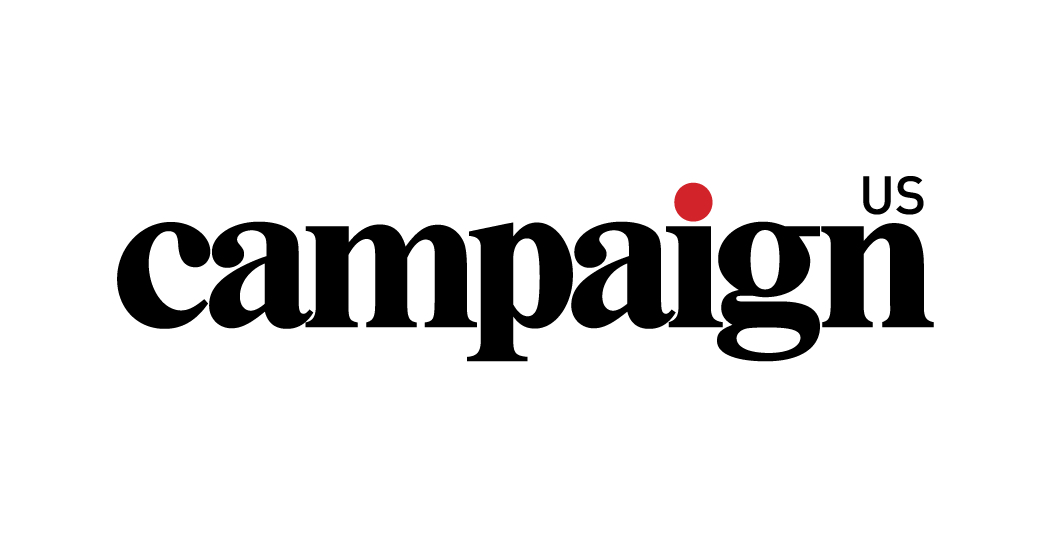Trust Me: The Role Of Trust In Advertising

Following another week of extreme Washington drama, I turned on “Meet the Press.” On that Sunday morning, Thomas Friedman lamented how little trust there was in the current political environment and how that sad situation has brought progress to a near standstill. “Government moves at the speed of trust,” he said, a reference to the book by Stephen M. R. Covey: “The Speed of Trust: The One Thing That Changes Everything.”
That got me thinking about the role of trust in the advertising business. What is the effect of trust on creative collaborators? Between clients and agencies? Between marketers and their audiences? Does advertising, like government, move at the speed of trust? My experience says yes.
The role of trust in the advertising business
During talks with potential new clients, I’ve heard more than a few complain that they got burned in a previous relationship, that an agency made big promises and didn’t—or couldn’t—deliver. Or worse, that they had the wool pulled over their eyes and ended up with something clearly designed to benefit the agency, not their business. So now they review all creative ideas with a jaundiced eye, wondering who the work is supposed to serve. Will it help their organization achieve its goals? Or is this crazy “breakthrough” idea just a way to enhance the agency’s reel? Or, perhaps, to give the creative team a shot at an award? Anyone who has worked with at least one agency seriously suspects that it’s rarely only about the client’s needs.
What are the costs imposed into the advertising process by lack of trust?
A 2002 study by consulting firm Watson Wyatt shows that “total return to shareholders in high-trust organizations is almost three times higher than the return in low-trust organizations.” A study for the World Bank’s Development Research Group found that “trust is among the strongest known predictors of a country’s wealth; nations with low levels tend to be poor.”
As an agency creative, what I care most about are factors that affect the ideas and their execution. The more a client trusts the agency, the higher the likelihood that great ideas will get produced—and produced well. And the opposite is true to an even higher degree. Ironically, it’s in the work that was almost good where the damage from lack of trust can be seen clearly. How often in your career have you seen mediocrity snatched from the jaws of greatness? How often was that because a client lost confidence or didn’t fully trust the agency?
The three “T”s
Great work includes three essential ingredients: Talent, Time and Trust. Expressed as a mathematical formula, it goes something like this: Talent x Time x Trust = Quality of work. Here you can see that if any of these values is set to zero, you get a quality level of zero. In this, you can also see the tragedy of low trust. Even if really talented people put tons of time into an assignment, they will still fail if the trust relationship is low.
Covey refers to this as a “Trust Tax,” the cost imposed by lack of trust. Depending on how low the trust factor is, the Trust Tax will take away huge amounts of—or all—quality. The good news is, there is also something called a “Trust Dividend.” A high level of trust will quickly pay rewards.
How can we increase the level of trust in our business? The first thing, of course, is to be trustworthy. That shouldn’t be too difficult. But, unfortunately, it is rare. One reason for the scarcity is the lack of understanding of what that requires. Being trustworthy means more than being transparent and honest. Back to Covey: “Trust is a function of both character and competence. Of course you can’t trust someone who lacks integrity, but hear this: if someone is honest but they can’t perform, you’re not going to trust them either. You won’t trust them to get the job done.”
To maintain trust, agencies need to invest in excellence. We need to measure twice and cut once. At minimum, we need to proofread our e-mails (auto spell check isn’t good enough). We need to say what we mean and mean what we say. We are delivering a professional service; we need to stay on top of our game. Really, it’s not that complicated. The path to great work is this: You display trustworthiness in your character and have a track record of competence. Your client is willing to trust. You get the work. You do amazing work. Repeat.
We’re fighting against a strong tide
When one agency lacks integrity or can’t deliver, it affects the reputation of the industry as a whole. Some of the marketing trade headlines this year were devastating. The ANA published a report accusing agencies of corruption. A few notable agencies were fired after a “Breakdown in Trust.” The business and marketing press have written thousands of column inches about this tragic topic.
Especially because so many of my friends are ad people, the fact that our industry has never been a held in high regard is somewhat surprising to me. But the facts don’t lie. For trustworthiness, Gallup rates Advertising Practitioners about equal to stockbrokers and just slightly above Members of Congress. We’re barely two points above Car Salespeople in the trust scale!
Let’s practice what we preach
We all know that a brand must be trusted to succeed. And we all know that developing trust is a key element of any selling methodology. That principal has been proven by endless studies and our shared practical experience. If we know how important trust is to brands, shouldn’t we make sure that our agency is trusted, too?
We can hire the most talented people, we can work them and ourselves all night and every weekend to seek more and more astonishing ideas. We can dig deeper and deeper into customer data, deploy the most advanced technological tools for everything from behavioral research to TV production. We can optimize media and execute perfectly coordinated, fully integrated campaigns. But, none of that will see us put in the Advertising Hall of Fame. None of that will matter one scrap of foam core if we forget this one basic truth: clients don’t readily buy great ideas from “agencies.” They buy great ideas from people they trust.
